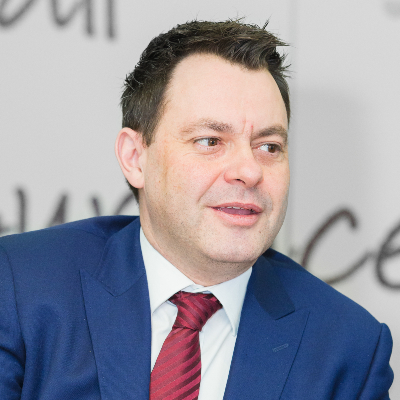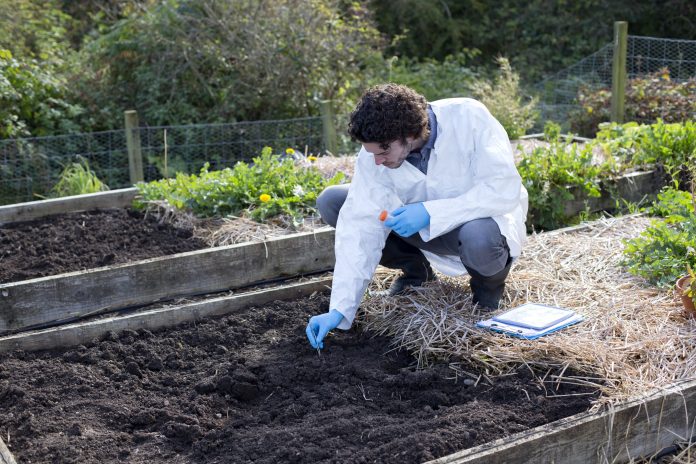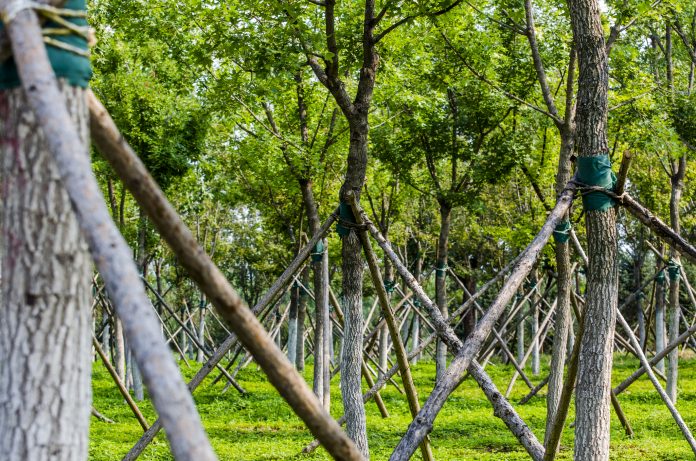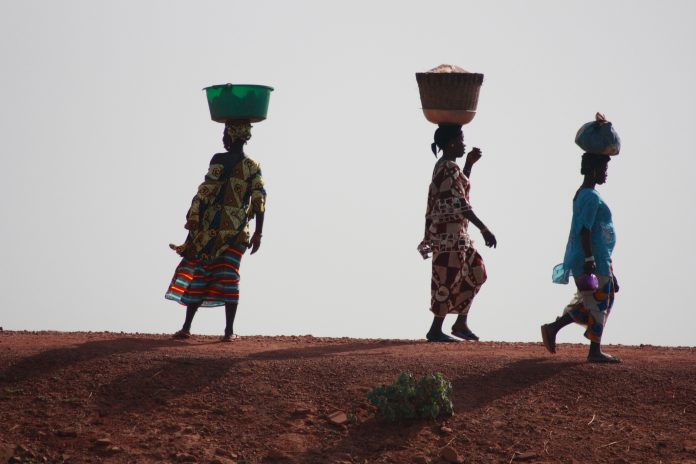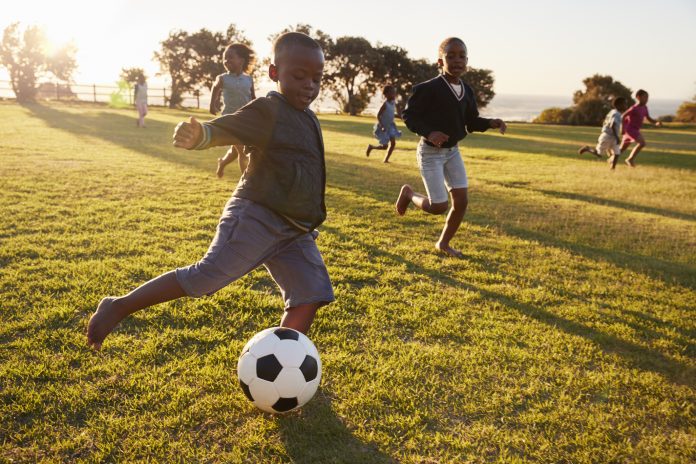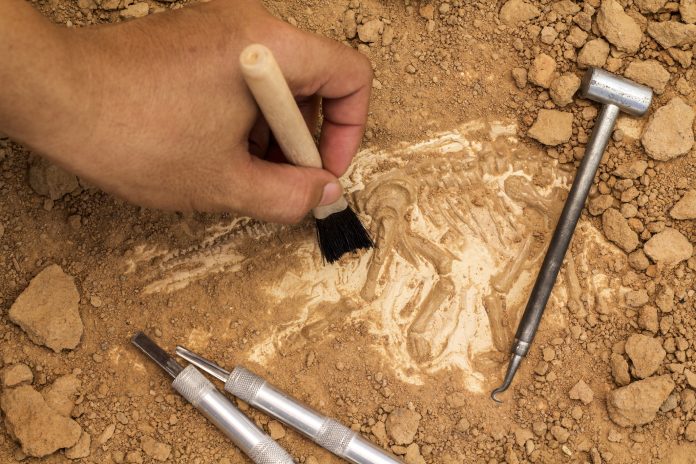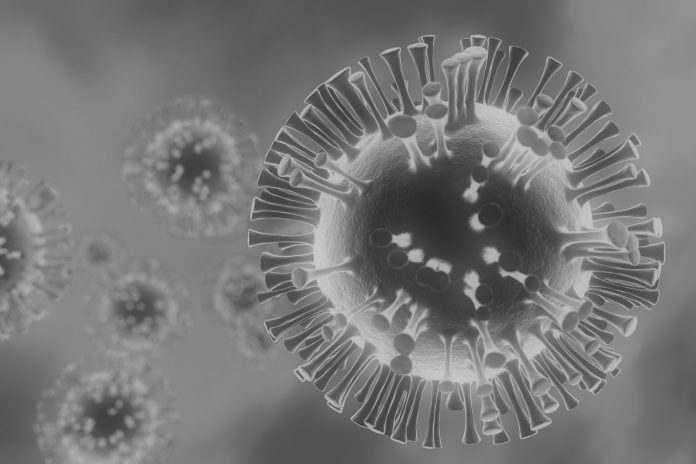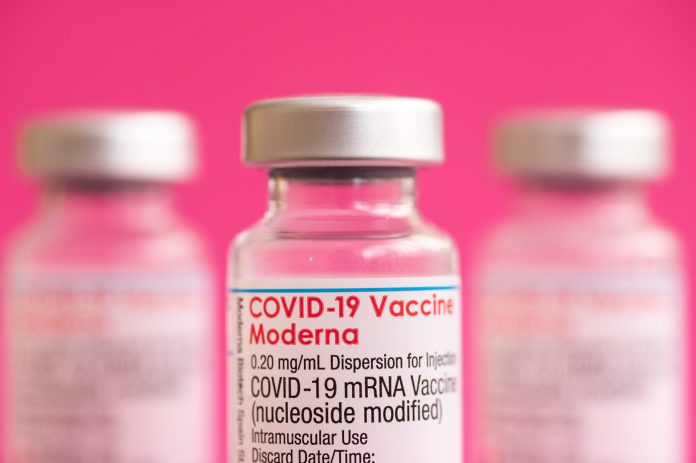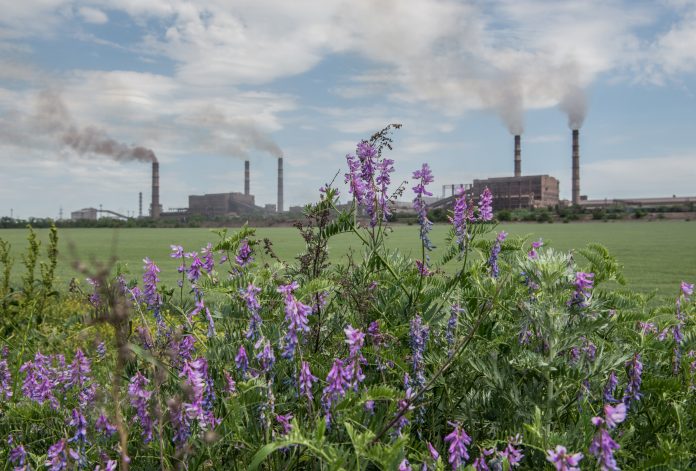Open Access Government produces compelling and informative news, publications, eBooks, and academic research articles for the public and private sector looking at health, diseases & conditions, workplace, research & innovation, digital transformation, government policy, environment, agriculture, energy, transport and more.
Home Search
AI - search results
If you're not happy with the results, please do another search
Training the next generation of omics researchers
Dr Jeanine Houwing-Duistermaat (statistics) and Dr Gastone Castellani (biophysics) from the University of Bologna, Italy, organised innovative interdisciplinary training in multi-omics research within the IMforFUTURE project, which focused on communication between wet and dry lab.
Craig Elder – Browne Jacobson LLP
Craig specialises in structuring complex competitive dialogue procurements, drafting and advising on strategic service arrangements (including those between public bodies) and advising public and private sector clients on high value PFI and PPP projects.
He has also advised on innovative and long-term projects in the social care and leisure sectors...
Managing Tail Spend effectively in the public sector
Crown Commercial Service (CCS) describes here what we need to know about managing Tail Spend effectively in the public sector.
Offshore wind energy in Taiwan
Simon Faulkner, Country Manager/Lead Project Manager at Wood Thilsted, sheds light on offshore wind energy in Taiwan.
How DNA technology helps control the premium quality of Thai Hom Mali Rice
Professor Dr Apichart Vanavichit, at the Rice Science Center, explains how DNA technology can create a high-quality Thai Jasmine Rice.
Sustainable fashion is possible, if we embrace mass customisation
To combat mass production in fashion, researchers suggest a shift to mass customisation instead – which could work, if consumers are willing to wait for it
The current solution to the sustainability crisis of the fashion industry revolves around consuming less, incorporating large disposal fees, and recycling more.
Though these actions...
What happens to our brains when we multitask?
The Del Monte Institute for Neuroscience have been shedding light on how health brains are able to multitask while walking
Reducing malnutrition in care homes using AI
Possible new tech could help reduce malnutrition, improving overall health in long-term care homes using Artificial Intelligence
AI soil sensors could minimise fertiliser use in agriculture
Smart sensor AI technology can reduce environmental damage created by fertilisers, allowing farmers to use fertilisers less, and more effectively.
Afforestation in temperate rainforests could lessen climate change
As the UK is unlikely to meet its tree target through natural means alone, scientists look at measures of afforestation through natural expansion.
Drug gives 34% protection against lung cancer recurrence
The NHS have gained a new drug, atezolizumab, which can give 34% protection against lung cancer recurrence or death, post-chemotherapy.
£11.6 million available for gender and health inequality research
In Canada, a coalition of organisations are funding £11.6 million (CAD 20 million) into Women RISE - a call for gender and health equality research projects.
How is the care system unfair for ethnic minority children?
Ethnic minority children experience disadvantages with youth justice involvement – especially when it comes to Black children.
AI models of dinosaur fossils advance image segmentation process
Three embryonic skulls of dinosaurs, found in the Gobi Desert, have been segmented with an AI process through CT scanning technology – which better preserves dinosaur remains
COVID brain impact similar to Chronic Fatigue Syndrome
It is now well-known that the virus can create severe respiratory issues - but the impact of COVID on the brain is an equally important, unanswered question.
European Commission to “radically raise” microchip production
European Commission President Ursula von der Leyen said that Europe would "radically raise" microchip production - predicting that demand will "double in the next decade".
Moderna aim to make combined flu-COVID vaccine for 2023
Speaking at the World Economic Forum, CEO Stéphane Bancel said Moderna aim to create a combined flu and COVID vaccine.
Scientists find there are 70% fewer pollinators, due to air pollution
Air pollution significantly reduces pollination by confusing butterflies and bees, lessening their ability to sniff out crops and wildflowers.
Students retain information even when watching lectures at double-speed
Students can still retain information when watching their lectures at up to twice the speed, as recorded lectures have expanded during the pandemic.


